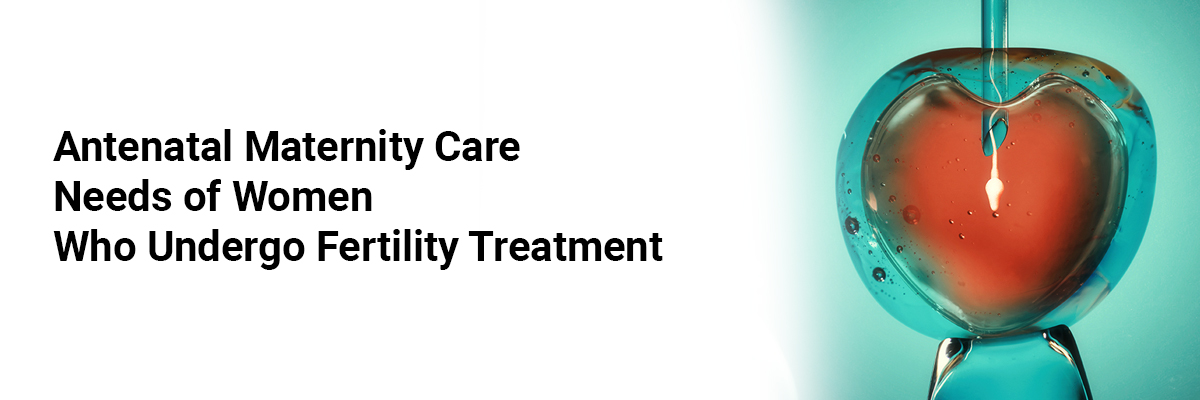
 IJCP Editorial Team
IJCP Editorial Team
Antenatal maternity care needs of women who undergo fertility treatment
Evidence suggests that conception through fertility treatments precipitates higher stress and anxiety levels compared to natural conception. Hence, women who undergo fertility treatments require additional antenatal care.
A study aimed to provide an updated review of the available evidence concerning the antenatal care needs of women who conceive with the help of assisted reproductive technology (ART).
The research entailed a comprehensive search for quantitative, qualitative, and mixed studies from various databases, including – PubMed, PsycINFO, CINAHL, and MEDLINE, until May 2021.
Overall, 21 relevant articles were selected. The analysis revealed various types of needs among women who conceived through fertility treatment, encompassing – behavioral, relational/social, emotional, and cognitive aspects, as well as their preferences regarding maternity care. Notably, these women reported lower social and physical functioning scores and exhibited higher levels of anxiety and depression compared to women who conceived naturally. They also encountered challenges in adapting to pregnancy. They faced gaps in care during the transition from the fertility clinic to local maternity care services for their initial consultation and during the postpartum period.
Therefore, the findings confirmed that women who became pregnant through fertility treatments require enhanced antenatal care. Provisions should be made to plan more frequent check-ins for these women, paying close attention to the impact of their infertility and therapy on their pregnancy experience.
Further, the heightened levels of anxiety and depression among women who conceived via ART were primarily driven by concerns about pregnancy loss. Meanwhile, the findings regarding maternal-fetal attachment in ART-conceived women were inconclusive, with some experiencing difficulties adjusting to pregnancy and expressing paradoxical feelings.
The results also indicated that ART-conceived women desire more attention from maternity care providers regarding their subfertility history. They expressed a need for increased psychosocial support, more frequent routine checkups, and additional ultrasounds.
Maternity care providers must acknowledge and address the diverse range of needs that ART-conceived women encounter. Encouraging open communication about their pregnancy journey and care needs will enable providers to offer tailored support––such as antenatal classes, regular phone check-ins, or more frequent appointments.
Conducting more qualitative research would render deeper insights into the care needs of ART-conceived women and their partners. This will contribute to expanding the evidence-based knowledge in this area.
Source: Warmelink JC, Marissink L, Kroes L, Ranjbar F, Henrichs J. Journal of Psychosomatic Obstetrics & Gynecology. 2023 Dec 31;44(1):2148099.

IJCP Editorial Team
Comprising seasoned professionals and experts from the medical field, the IJCP editorial team is dedicated to delivering timely and accurate content and thriving to provide attention-grabbing information for the readers. What sets them apart are their diverse expertise, spanning academia, research, and clinical practice, and their dedication to upholding the highest standards of quality and integrity. With a wealth of experience and a commitment to excellence, the IJCP editorial team strives to provide valuable perspectives, the latest trends, and in-depth analyses across various medical domains, all in a way that keeps you interested and engaged.





















Please login to comment on this article